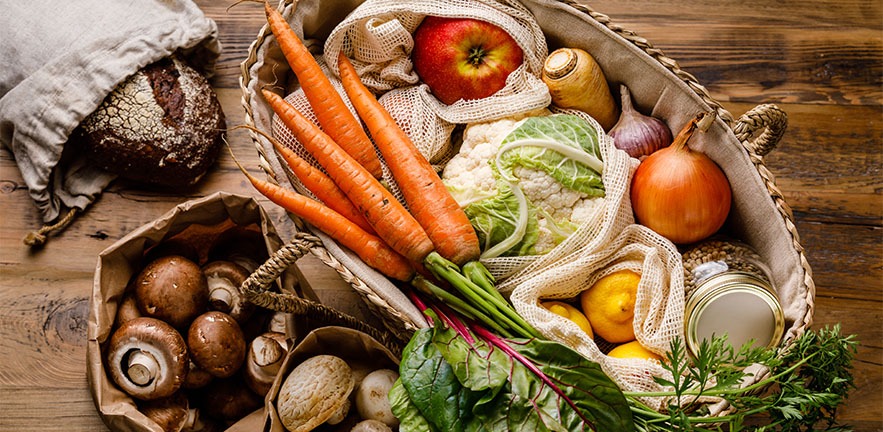
Jaideep Prabhu, Professor of Marketing at Cambridge Judge Business School, joined as panel member Professors Cristiane Derani, Ken Giller and Shailaja Fennell and panel chair Professor Howard Griffiths to discuss pressing issues affecting food systems at a global level and potential ways to overcome them.
Each panellist brought a different perspective to the discussion: from the need to increase the variety of crops we use for nutrition purposes and to reduce waste both at the consumption and production stages, to the importance of making food a human right, not dependent on income, and of rewarding producers in a fair way, instead of forcing them into poverty due to decreasing crop yields as well as decreasing prices per unit they receive. What became clear from the lively exchange of opinions between panel members is that current imbalances in the food system cannot be solved through a silver bullet or by a single stakeholder. Each of us has a part to play and each of us will need to play it if we want to increase the resilience, inclusivity and sustainability of food supply chains before it is too late for both people and the planet.
Governments, NGOs and tech companies can support better small farmers in rural areas through information about prices, stocks and ways to increase crop yield, in order to sustain their growth and reduce waste at the point of food production. Multinational corporations can leverage their market power to foster crops’ diversity and can pay more fairly the suppliers they rely on. Retailers in rich economies can rethink how they approach their stocks and can stop pushing customers to buy unnecessary amounts of food through heavy discounts and promotional offers. Customers, from their side, can reduce their waste, become more conscious supporters of an inclusive food supply chain and can join forces to obtain the changes that they would like to see. Governments and regulators can empower their citizens and correct imbalances that markets alone cannot resolve.
COVID-19 put food systems under strong strains in many different countries. While this, on the one hand, brought to surface much of what is not working, it also surfaced how much society has the power to make food systems more resilient through coordination and entrepreneurial spirit. For example, in Vietnam, urban markets and consumption of vegetables began to grow as local radios pushed for more healthy eating and the consumption of local crops. Singapore has committed to produce 30% of the food it needs through vertical agriculture. Communities in the UK mobilised to buy fruit and vegetables, as well as flour, from local producers as they began to disappear from supermarkets, showing that in the end they do not mind about the wonky shape of what they buy, if it is available and of good quality.
Diversifying crops, balancing the needs of the Global North and South and involving both in solutions-development, fostering civil society networks, rethinking consumption and thinking holistically about interconnected systems such as those related to food, water and climate, can create the big change that we need to make resilient and sustainable food systems a reality. It will not be easy, but all panellists agree that with determination anything can be achieved as the tools for solutions are already there.
We now hope that what emerged from the panel discussion will lead to multidisciplinary interest on this topic. We are indeed strong believers, as shown by this event, that also researchers, especially when joining forces, can play a fundamental role in fostering positive change in creating a sustainable, resilient food system that works for all.


